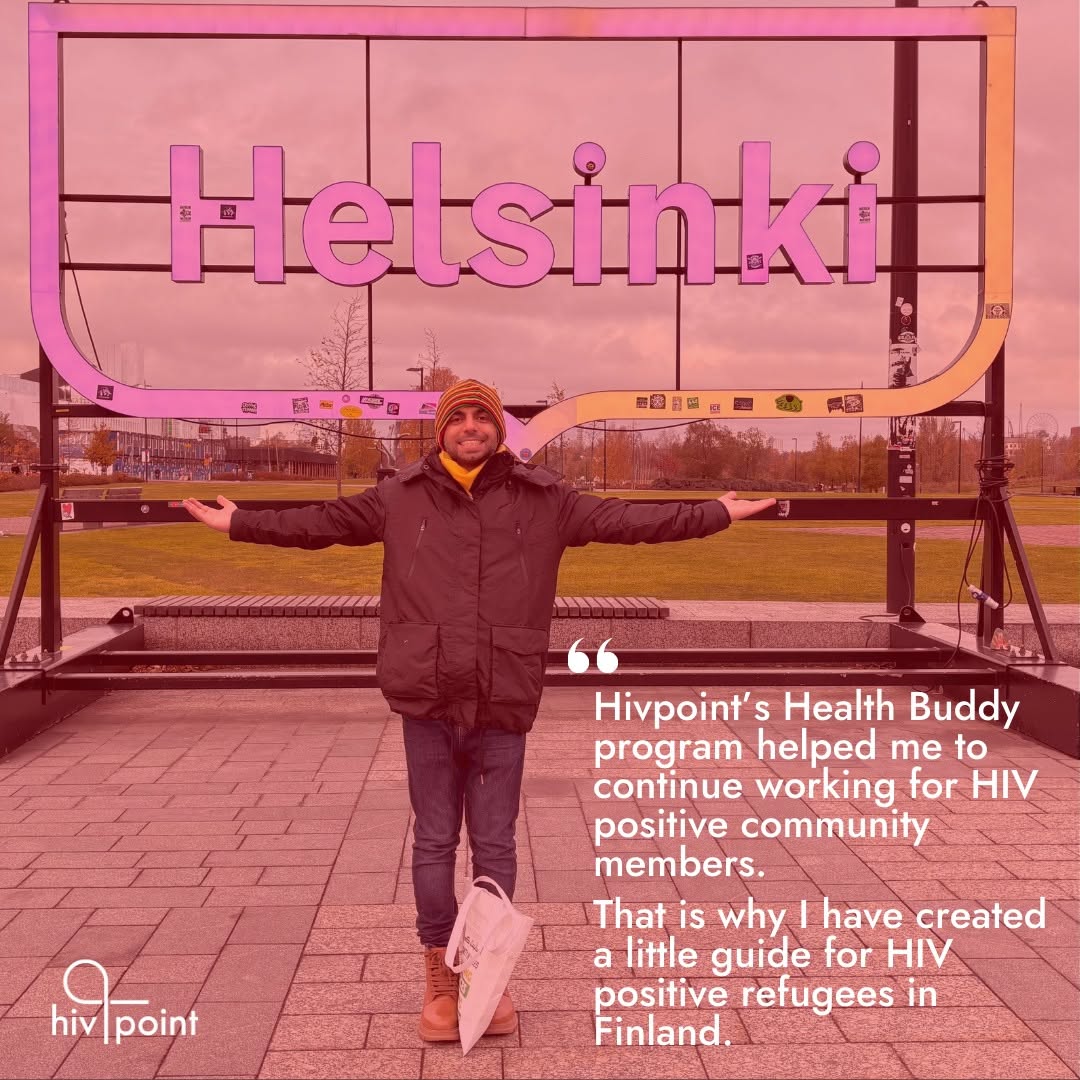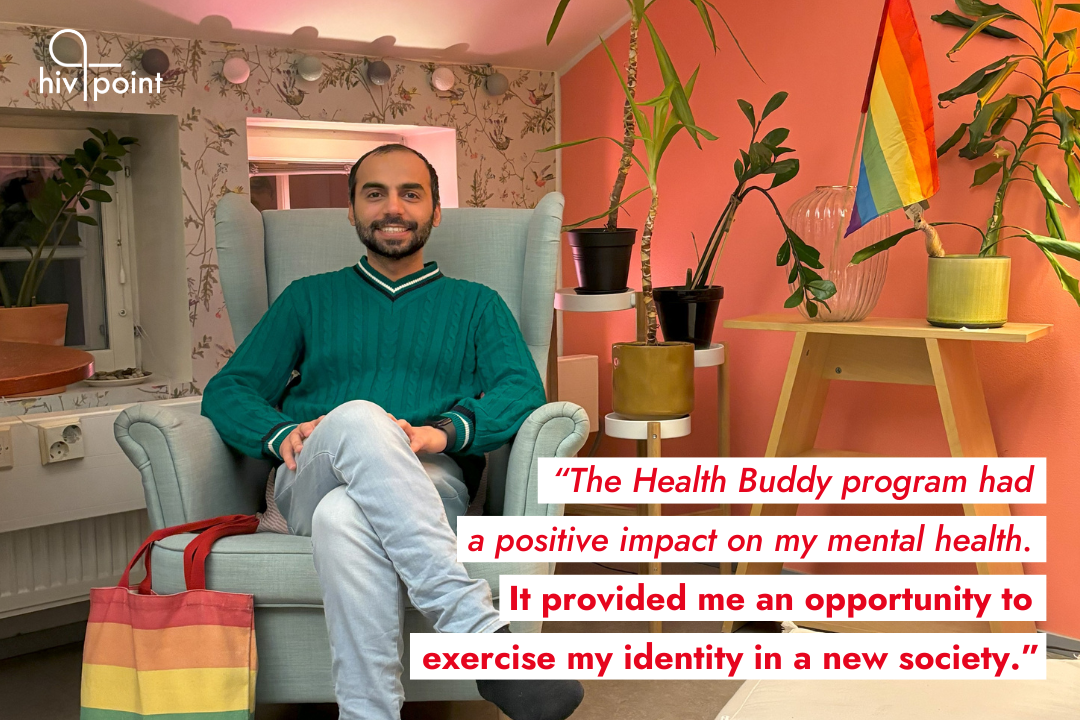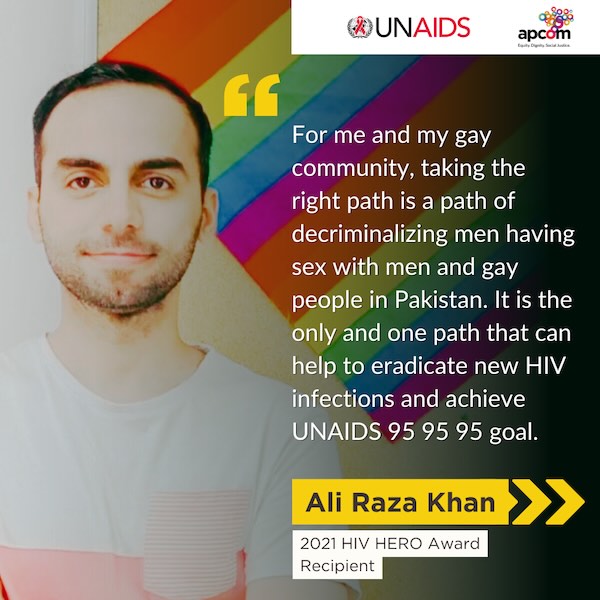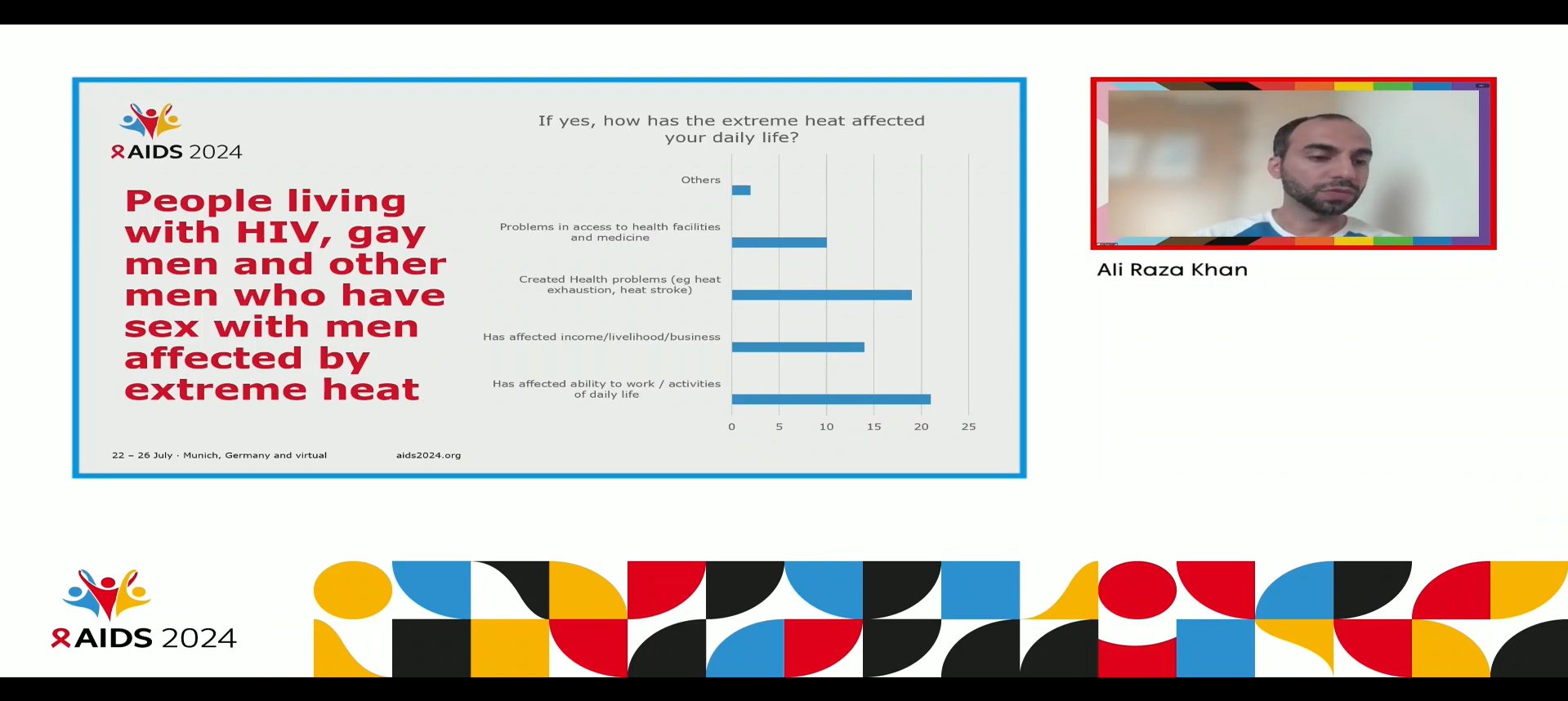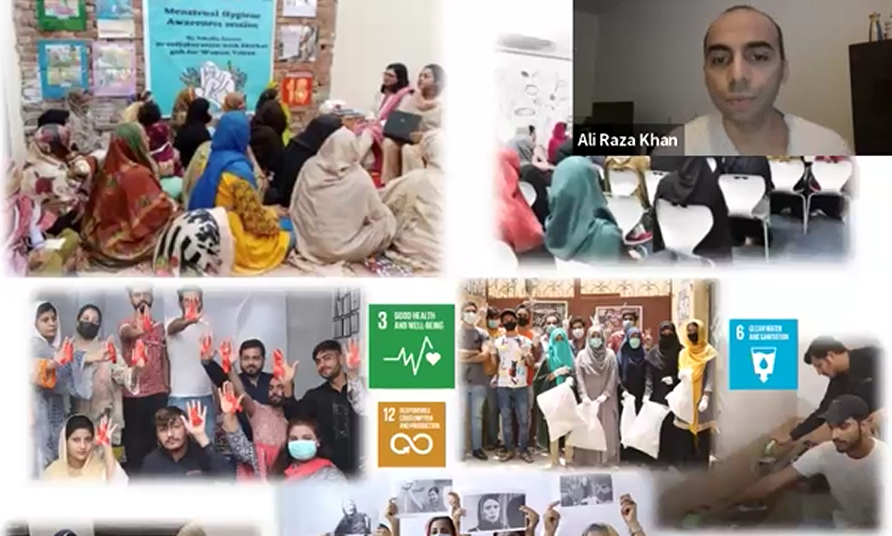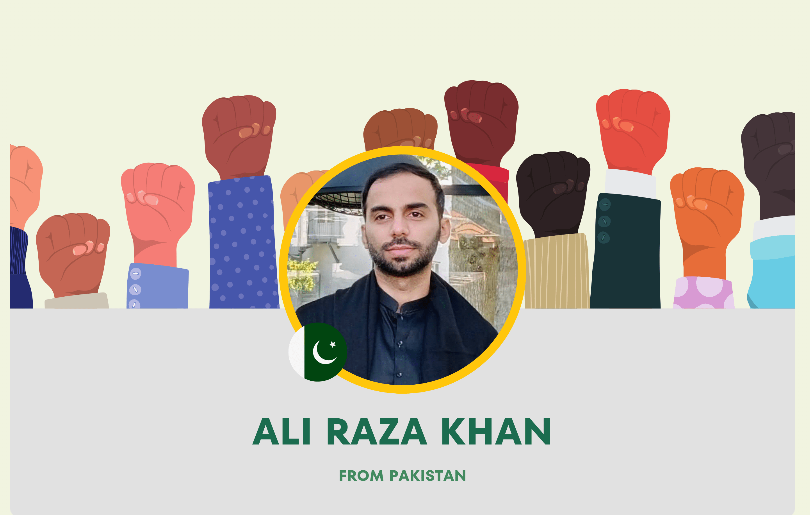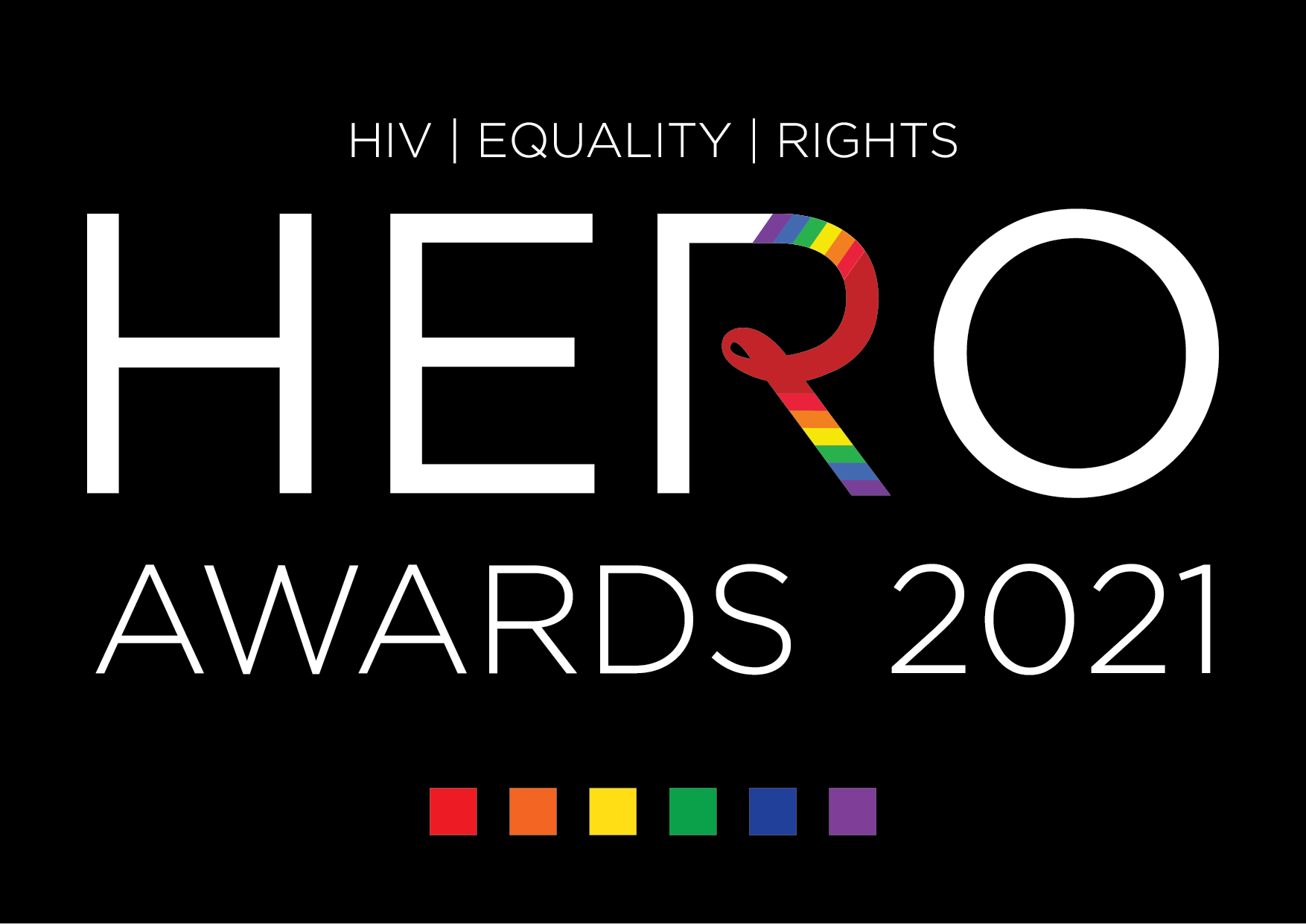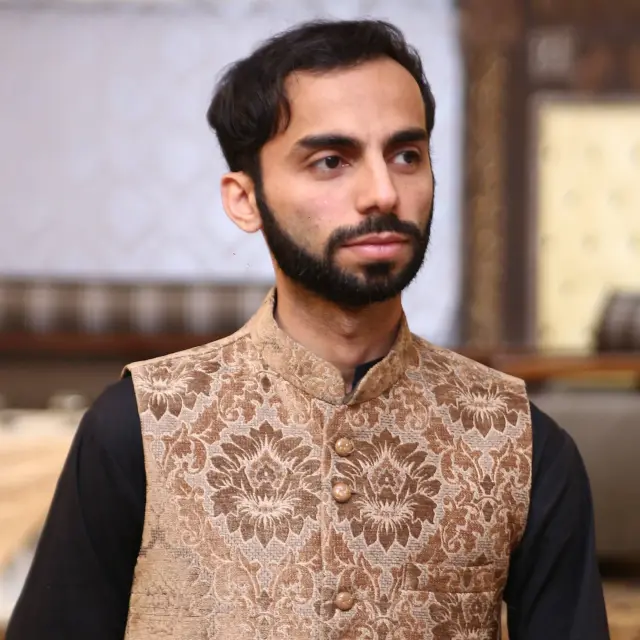Tag: Pakistan & Pakistani
-

Global AIDS Strategy and Digital Health innovations Including Artificial Intelligence : An Interview with UNAIDS Consultant
Digital technology is in many ways a new frontier that is increasingly part of our everyday lives making the perspectives, experiences and lessons learned from key population communities and civil society even more crucial to ground and inform this report. As a leading expert at the global, regional and national level, I was invited by…
-
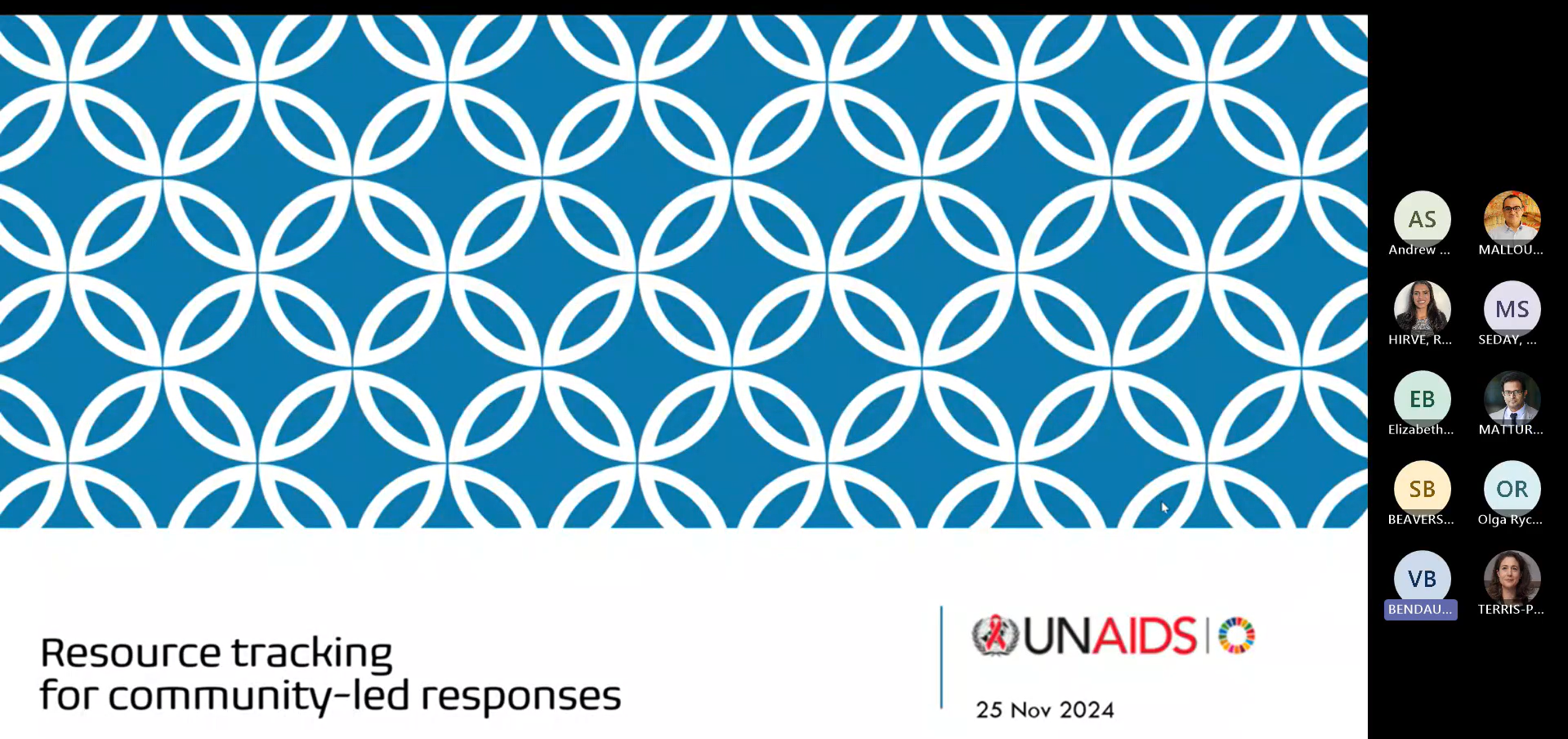
Ali Raza Khan Member UNAIDS Advisory Group on Monitoring the 30-80-60 Participated in Financial Data meeting
Exploring Financial Data as a Proxy for Monitoring Community-Led HIV Response This discussion focuses on the use of financial data to monitor the effectiveness of community-led HIV response efforts, specifically in relation to the 30-18-60 targets. The conversation builds upon a previous discussion in March, where Deepak presented initial findings on using financing data for…
-

Empowering Communities: Understanding the UNAIDS 30-60-80 Targets in the Fight Against HIV/AIDS
The fight against HIV/AIDS has seen tremendous progress in recent years. However, achieving the ambitious goal of ending the AIDS epidemic by 2030 requires innovative strategies and a focus on empowering the communities most affected by the virus. This is where the UNAIDS 30-60-80 targets come into play. What are the UNAIDS 30-60-80 Targets? The…
-
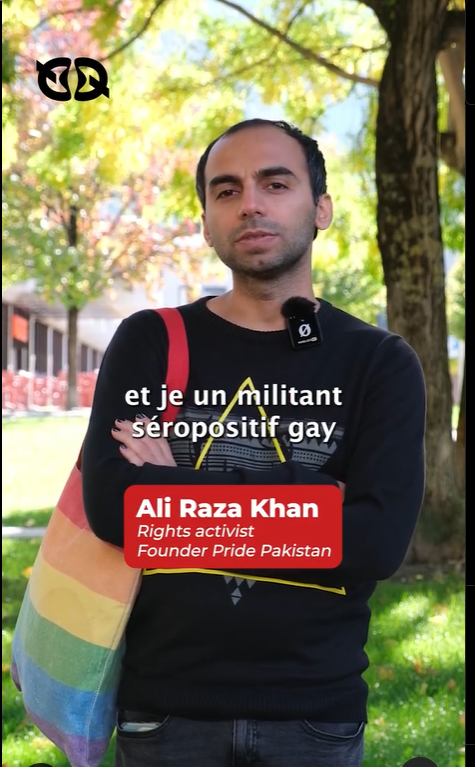
Ali Raza Khan äußert sich: Für LGBTQ+-Rechte in Pakistan eintreten
In einem kürzlichen Interview mit Qlub Queer erzählte Ali Raza Khan, ein HIV-positiver schwuler Aktivist aus Pakistan, seine eindringliche Geschichte über seinen Kampf für Gleichberechtigung und die Entkriminalisierung von LGBTQ+-Personen in einem Land, in dem gleichgeschlechtliche Beziehungen kriminalisiert sind. „Hallo, mein Name ist Ali Raza Khan und ich bin ein HIV-positiver schwuler Aktivist aus Pakistan,…
-
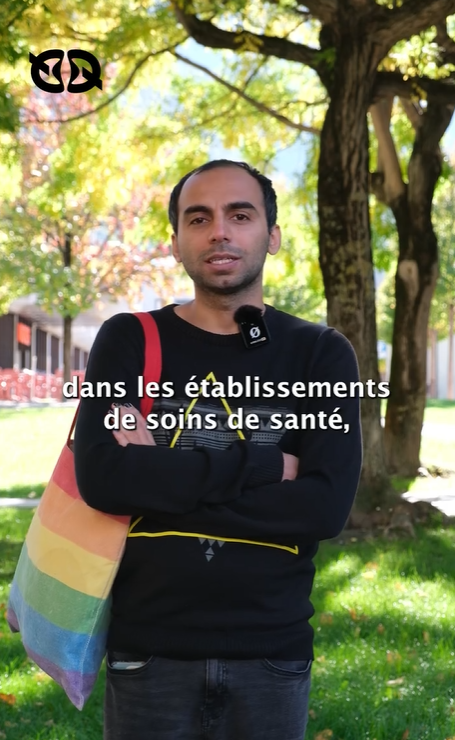
Ali Raza Khan s’exprime : il défend les droits des LGBTQ+ au Pakistan
Dans une récente interview avec Qlub Queer, Ali Raza Khan, un activiste gay séropositif du Pakistan, a partagé son histoire poignante de lutte pour l’égalité et la décriminalisation des personnes LGBTQ+ dans un pays où les relations homosexuelles sont criminalisées. « Bonjour, je m’appelle Ali Raza Khan et je suis un activiste gay séropositif du…
-

Ali Raza Khan Speaks Out: Advocating for LGBTQ+ Rights in Pakistan
In a recent interview with Qlub Queer, Ali Raza Khan, a HIV-positive gay activist from Pakistan, shared his powerful story of fighting for equality and the decriminalization of LGBTQ+ people in a country where same-sex relationships are criminalized. ” Hi, my name is Ali Raza Khan and I am a HIV positive gay activist from…
-

Decoding Food Labels: Ali Raza Khan at the World Food Forum 2024 Asia and the Pacific Regional Assembly Workshop
Ali Raza Khan, a young HIV positive food expert and minorities rights activist from Pakistan, virtually participated in the Asia and the Pacific Regional Assembly Workshop during the World Food Forum 2024. The session, YA06, held on October 16, 2024 at Ethiopia Room at FAO headquarter, was an enlightening discussion on the importance of food…
-

Advocate for Change: A Journey to the World Food Forum 2024
I am thrilled to announce that I have been invited to the prestigious FAO headquarters in Rome, Italy, to attend the international conference, World Food Forum 2024. It’s an incredible honor to participate in this significant event, particularly focusing on Global Youth Action, a cause close to my heart. As a dedicated member of civil…
-
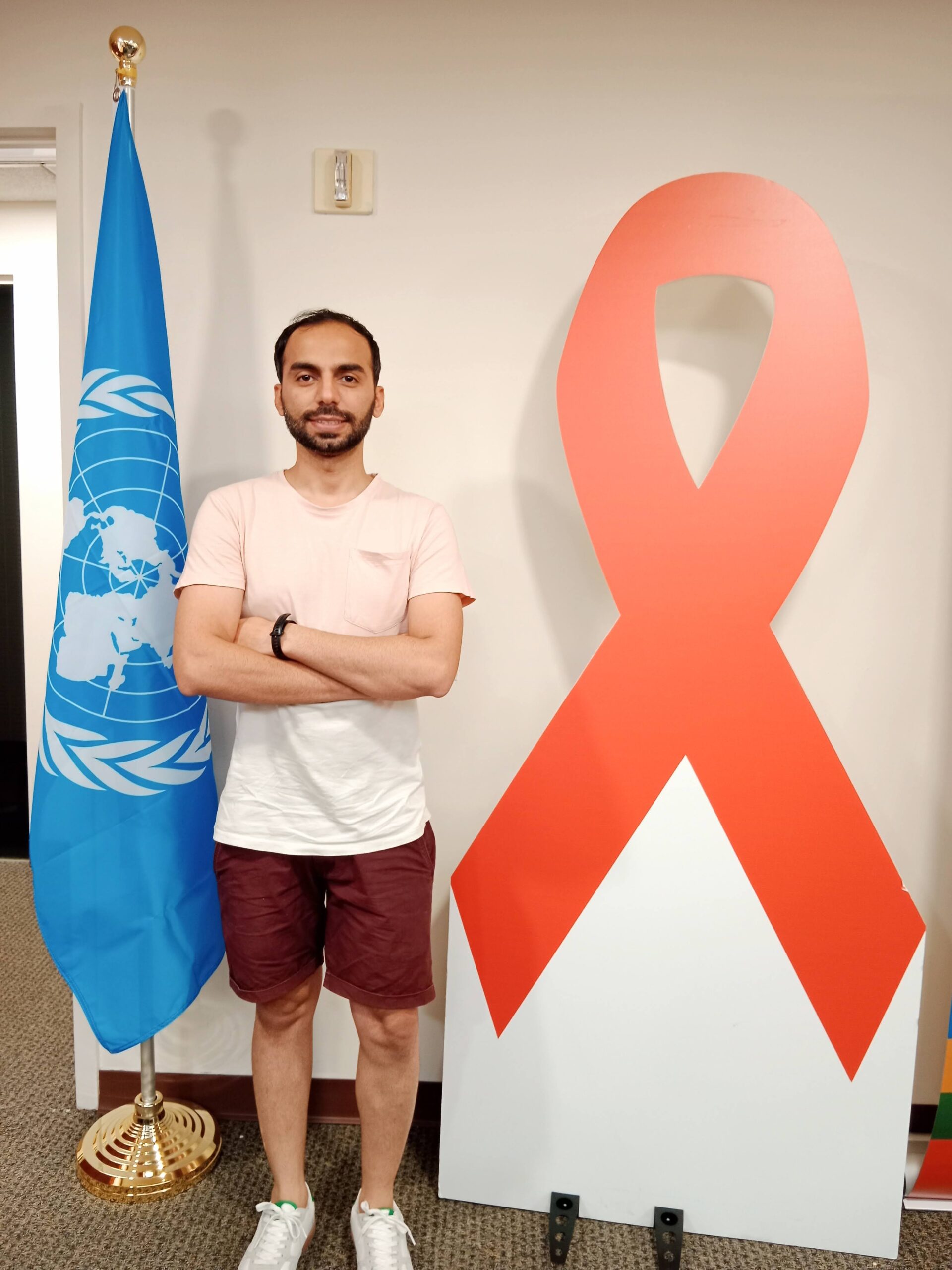
Speaker Ali Raza Khan: From Ruin to Resilience: Harnessing Community Strength in the Face of Natural Disasters
Munich, Germany – The AIDS 2024 conference will feature a pivotal session titled “From Ruin to Resilience: Harnessing Community Strength in the Face of Natural Disasters,” highlighting the critical intersection of climate change and public health. This scientific symposium, accredited for Continuing Medical Education (CME), will take place on July 25, 2024, from 15:00 to…
-
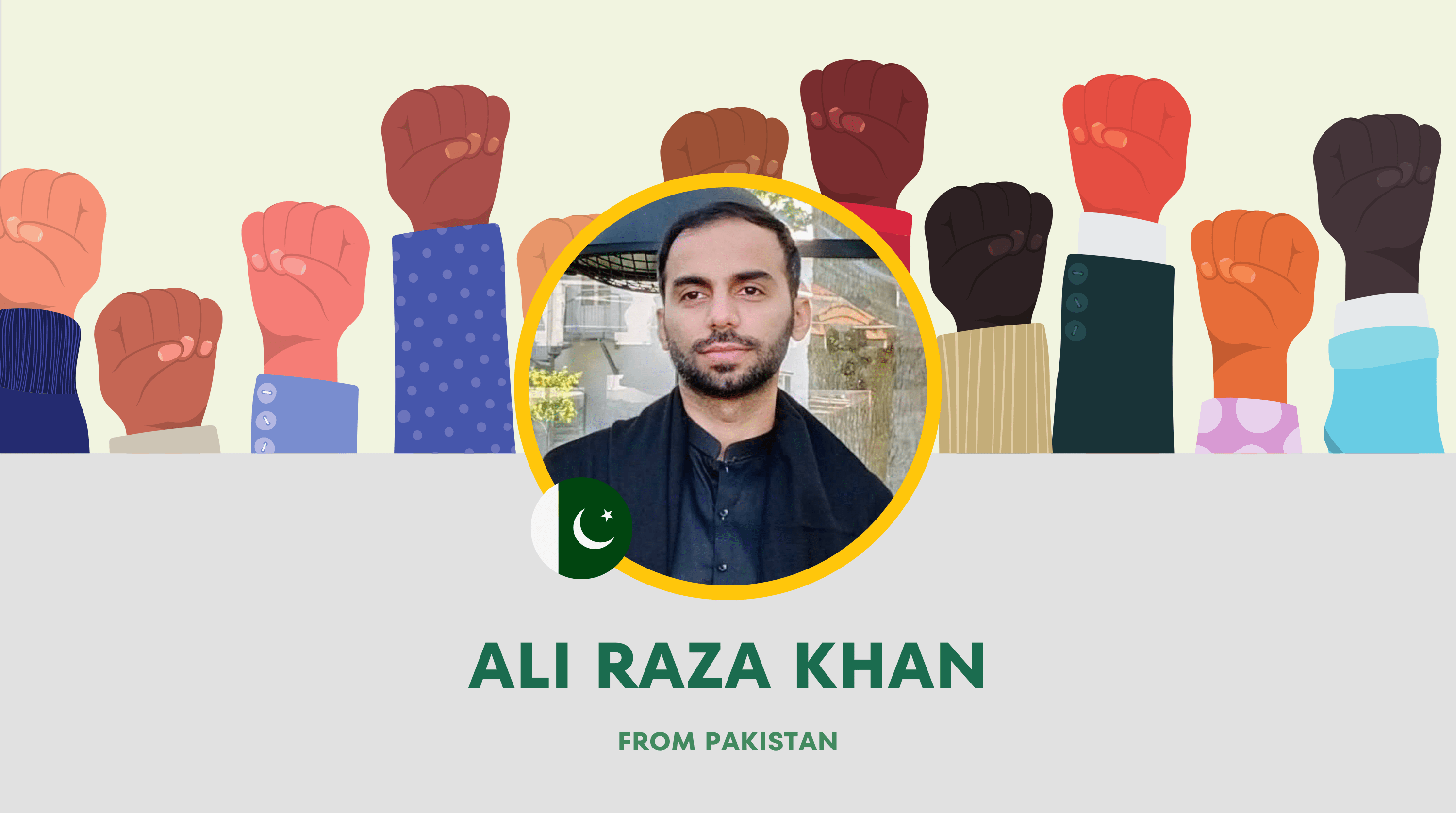
Advancing Religious Equality: Ali Raza Khan’s Groundbreaking Research on Youth Behavior in South Punjab
As a dedicated minorities rights activist and researcher, Ali Raza Khan has been at the forefront of advocating for religious equality and peace in South Punjab, Pakistan. With a deep commitment to fostering understanding and inclusivity, Ali recently conducted a research project titled “The impact of the curriculum and interaction with diverse groups of people…
-

First Meeting of the UNAIDS Global Advisory Group on Monitoring the 30-80-60 Targets: A Robust Start
On May 10th, 2023, the UNAIDS Global Advisory Group on Monitoring the 30-80-60 Targets convened for their first meeting. This group, composed of global stakeholders dedicated to advancing the fight against HIV, gathered to discuss the development of a monitoring framework for the ambitious 30-80-60 targets set in the 2021 Political Declaration on HIV and…
-

Ali Raza Khan Joins UNAIDS Global Advisory Group on Monitoring the 30-80-60 Targets
Ali Raza Khan, an HIV-positive gay activist from Pakistan, has been invited to join the UNAIDS Global Advisory Group on Monitoring the 30-80-60 Targets. This esteemed group comprises global stakeholders dedicated to advancing the fight against HIV. Ali’s involvement marks a significant step towards ensuring the voices of young HIV-positive gay individuals and sex workers…

